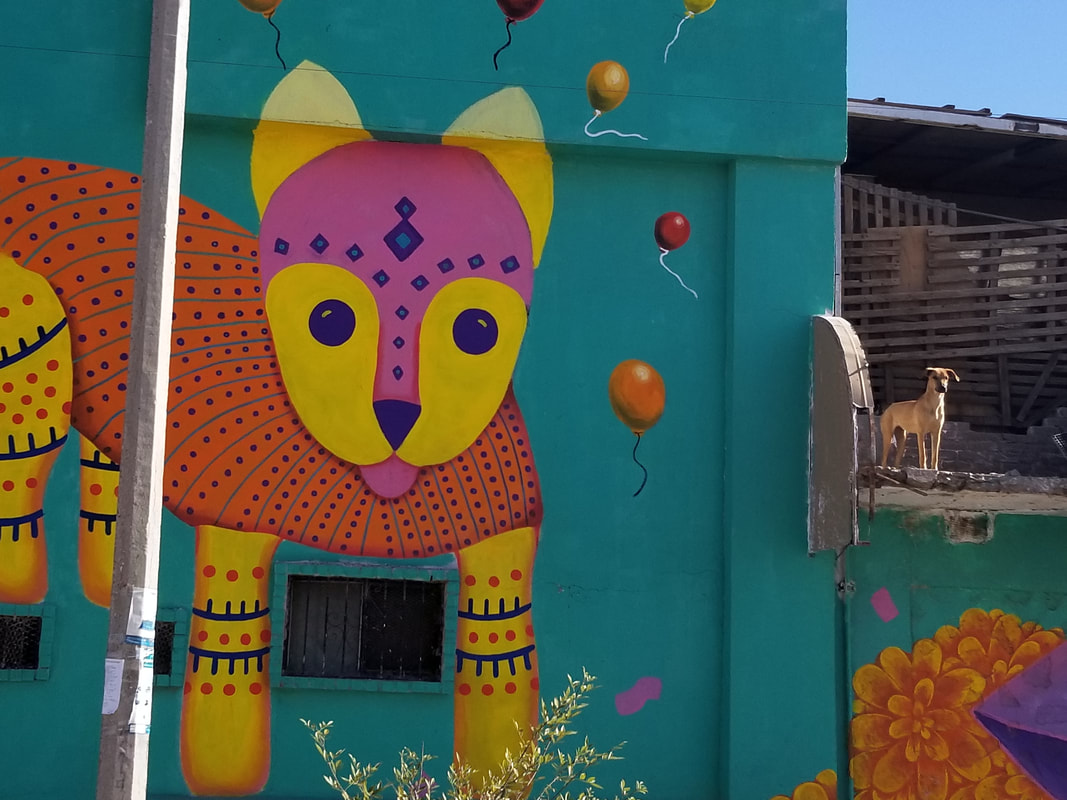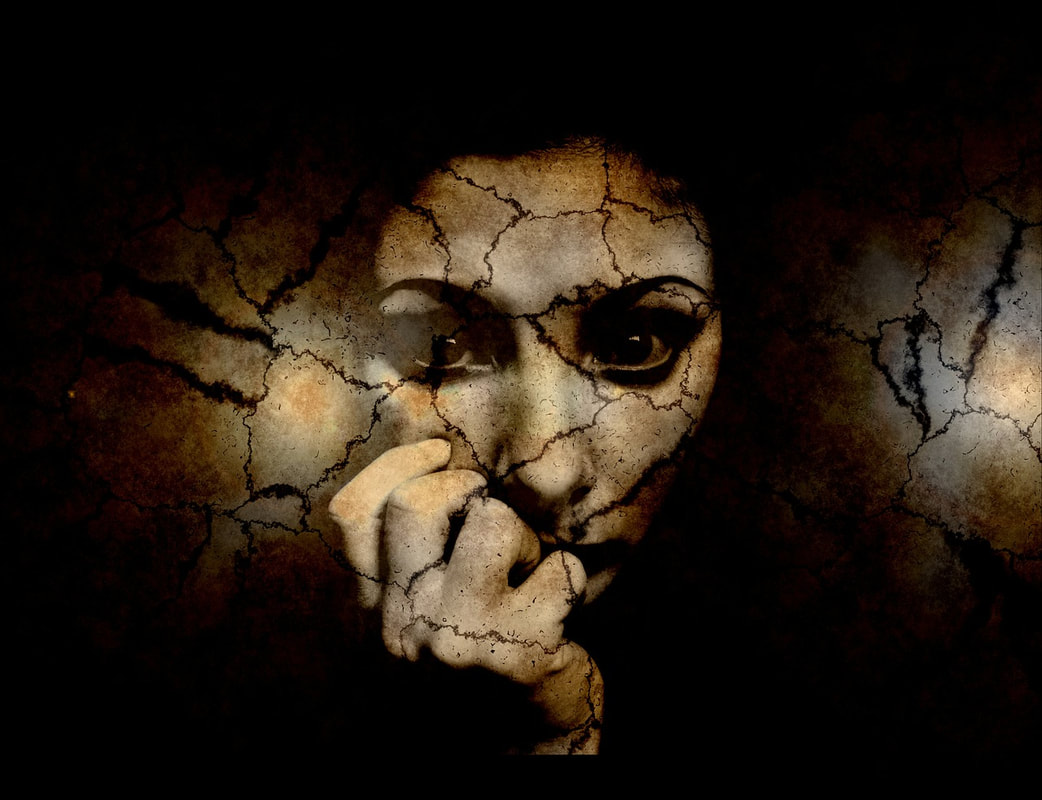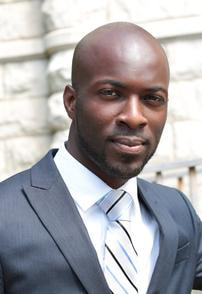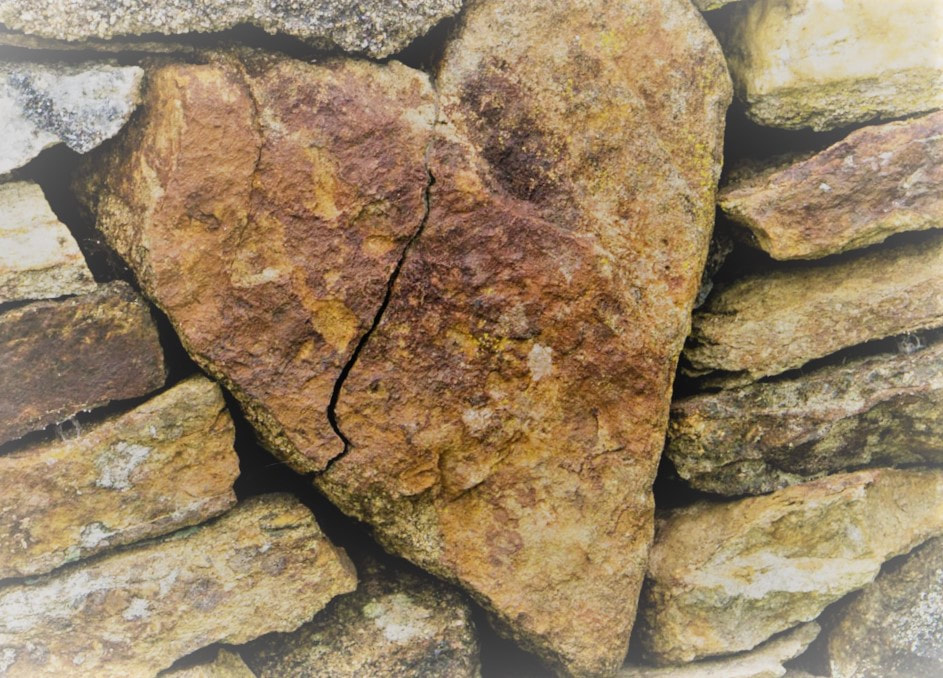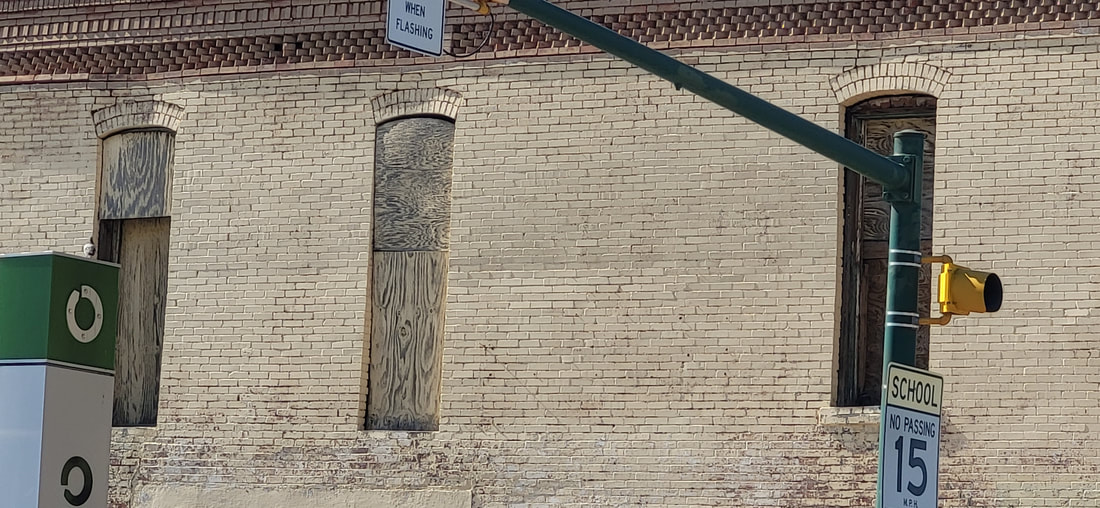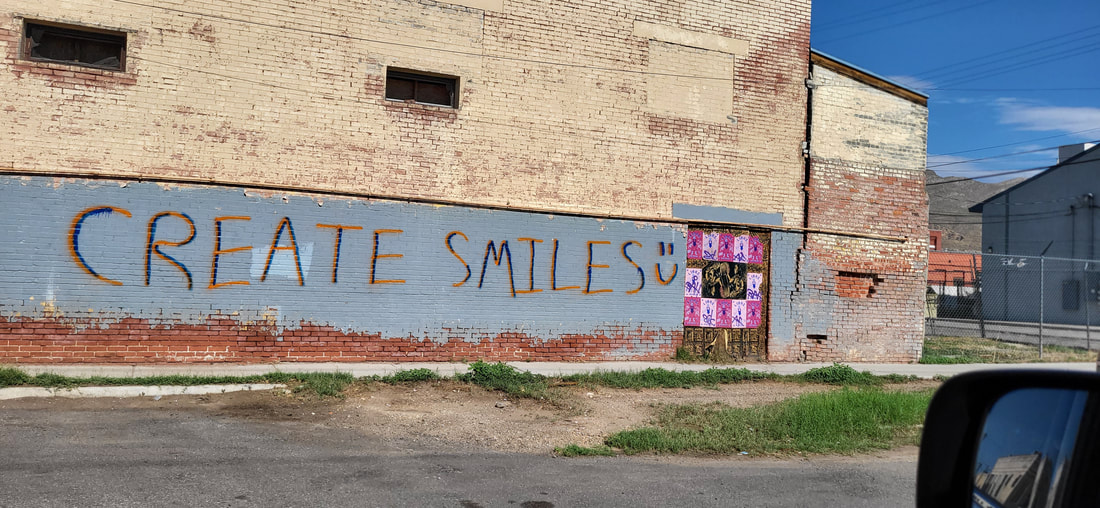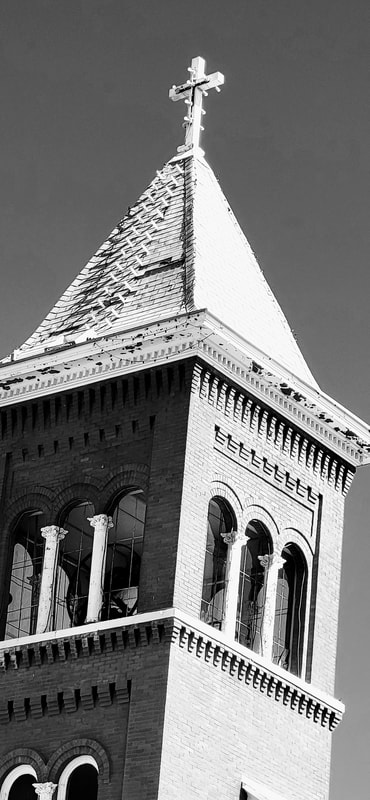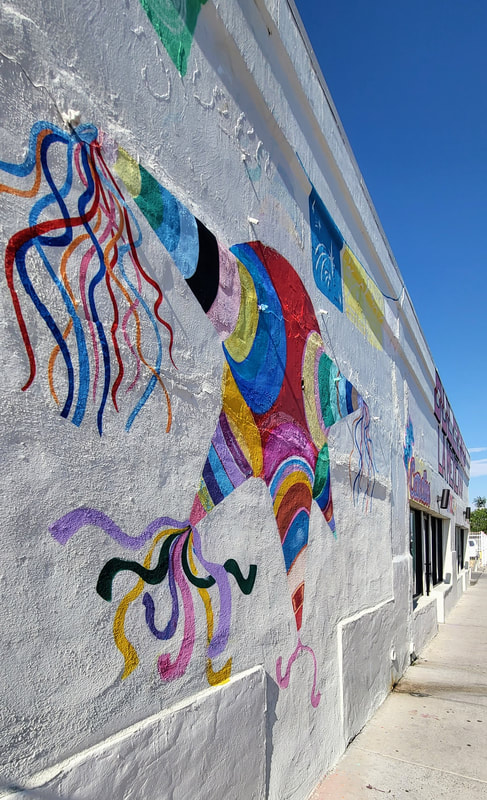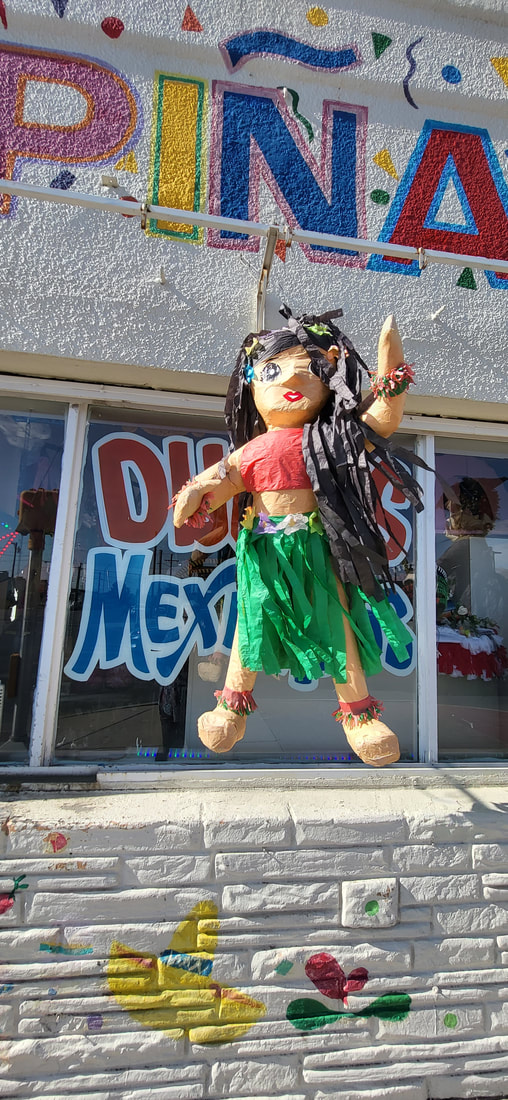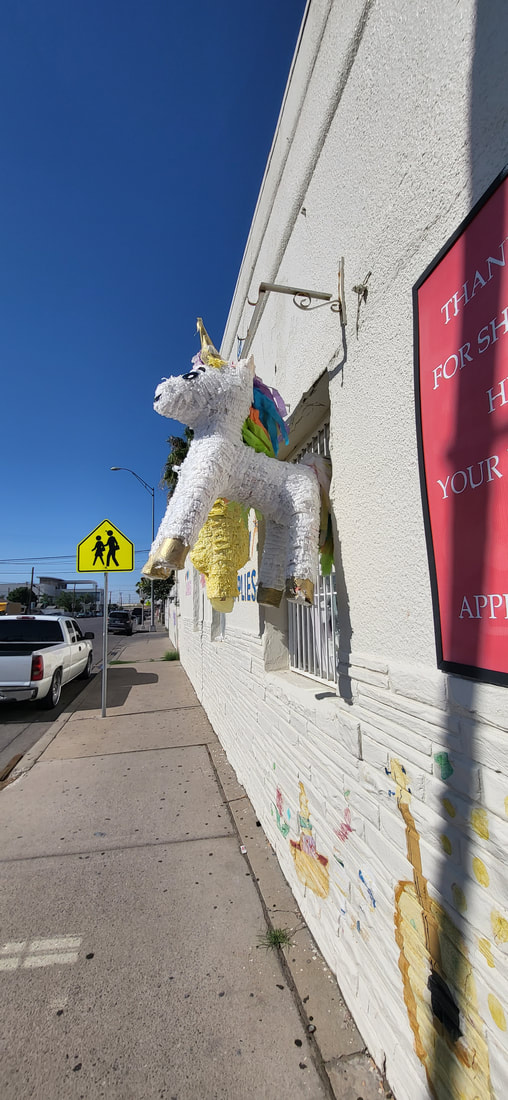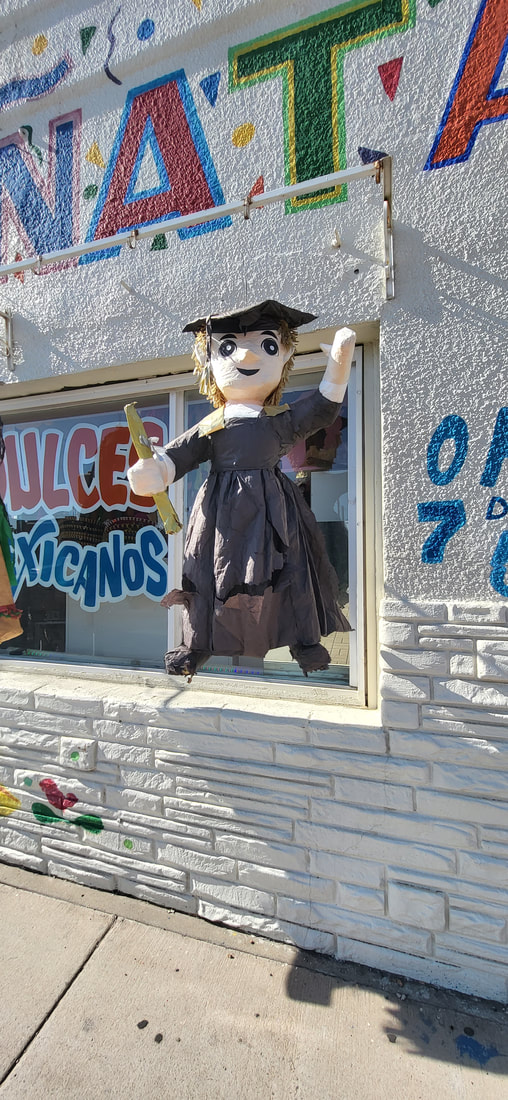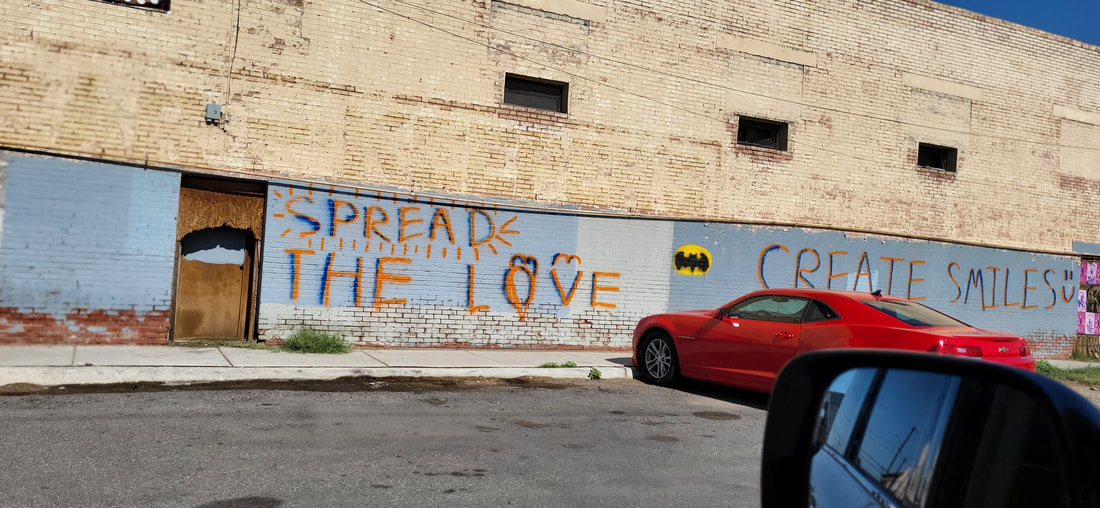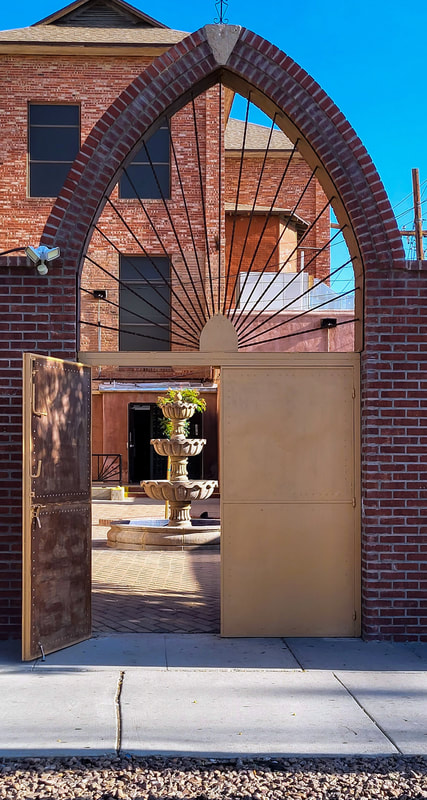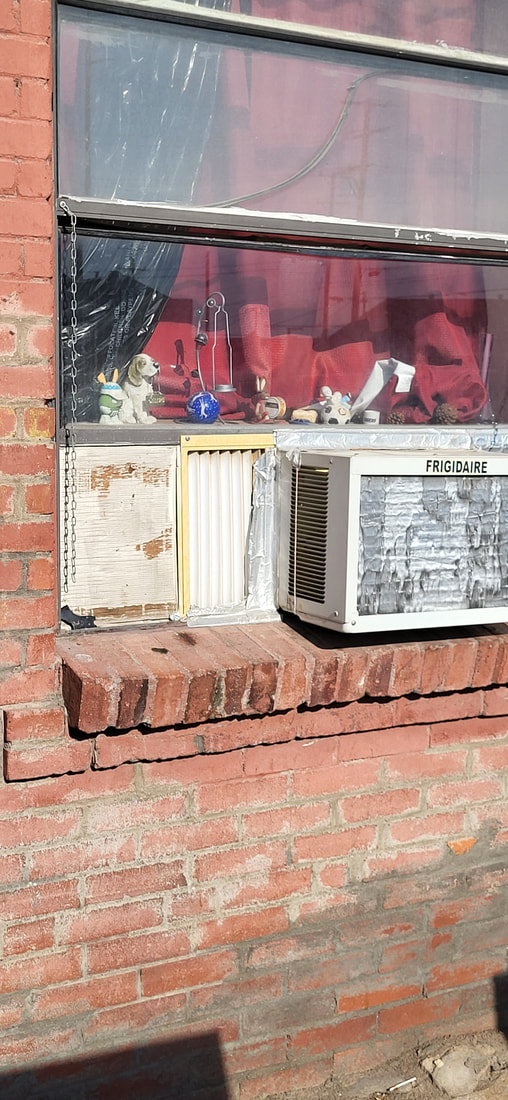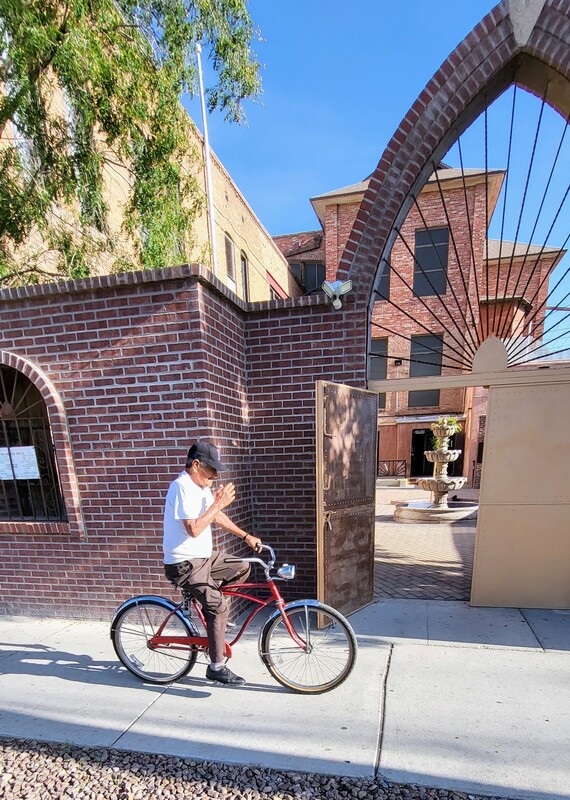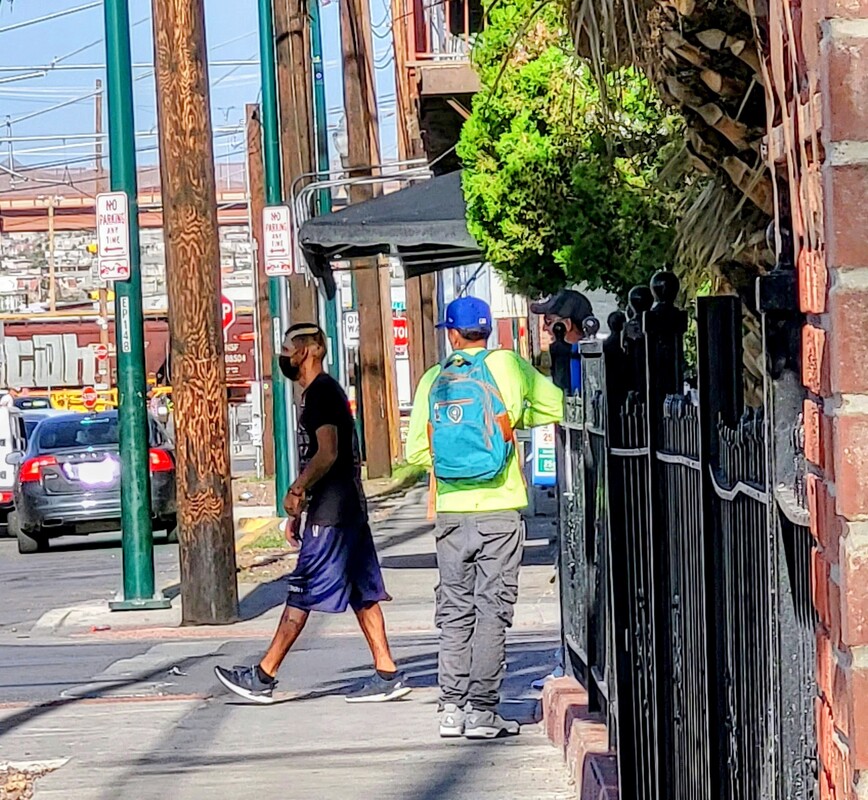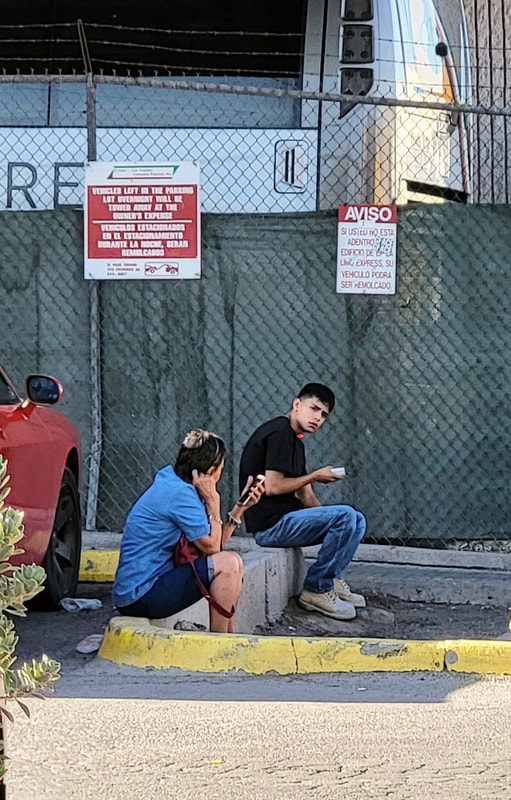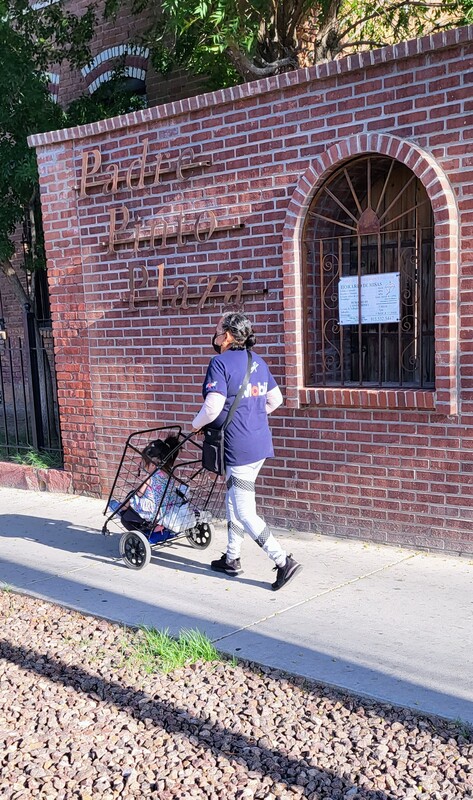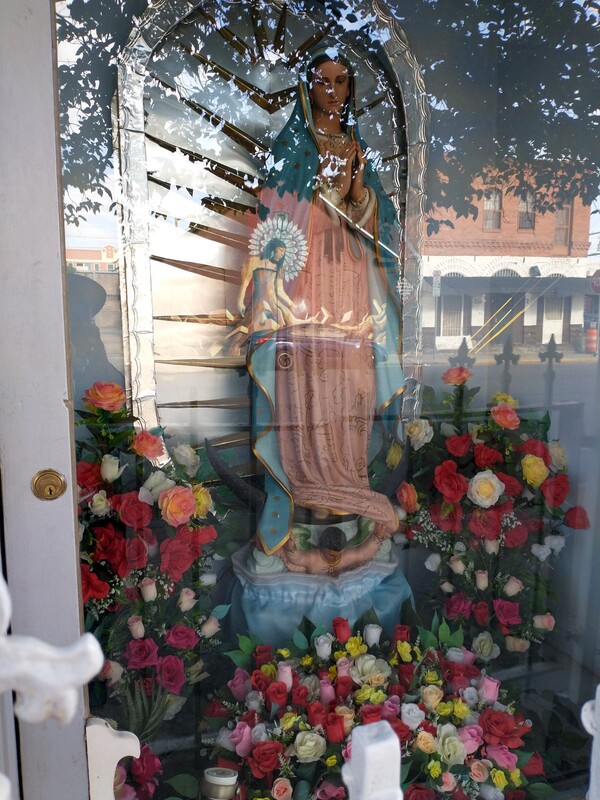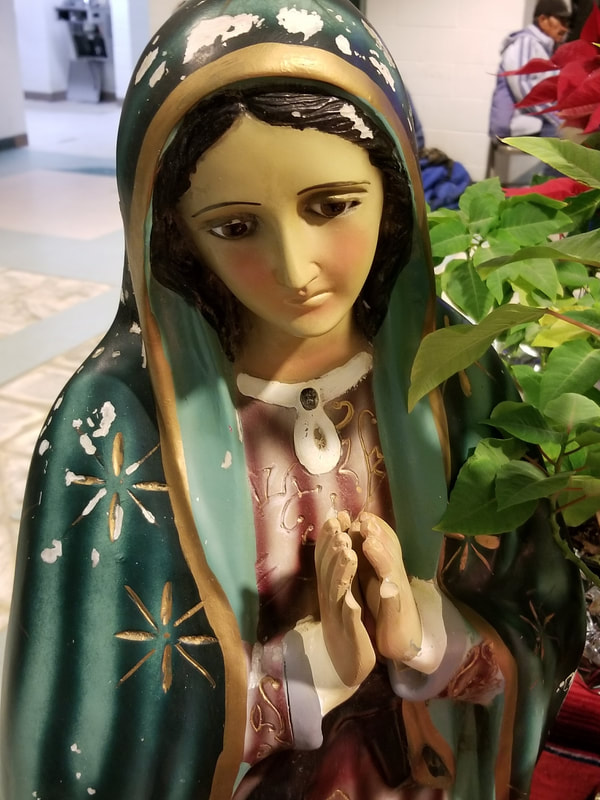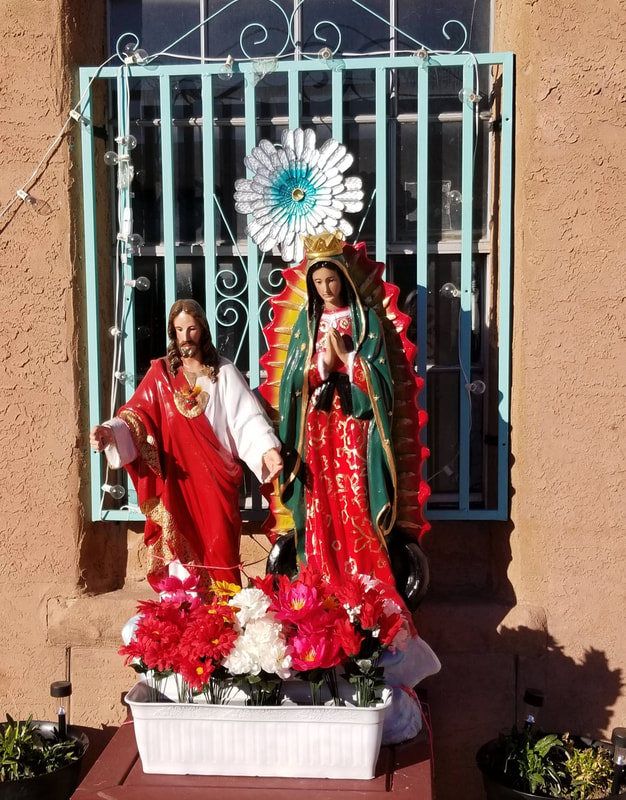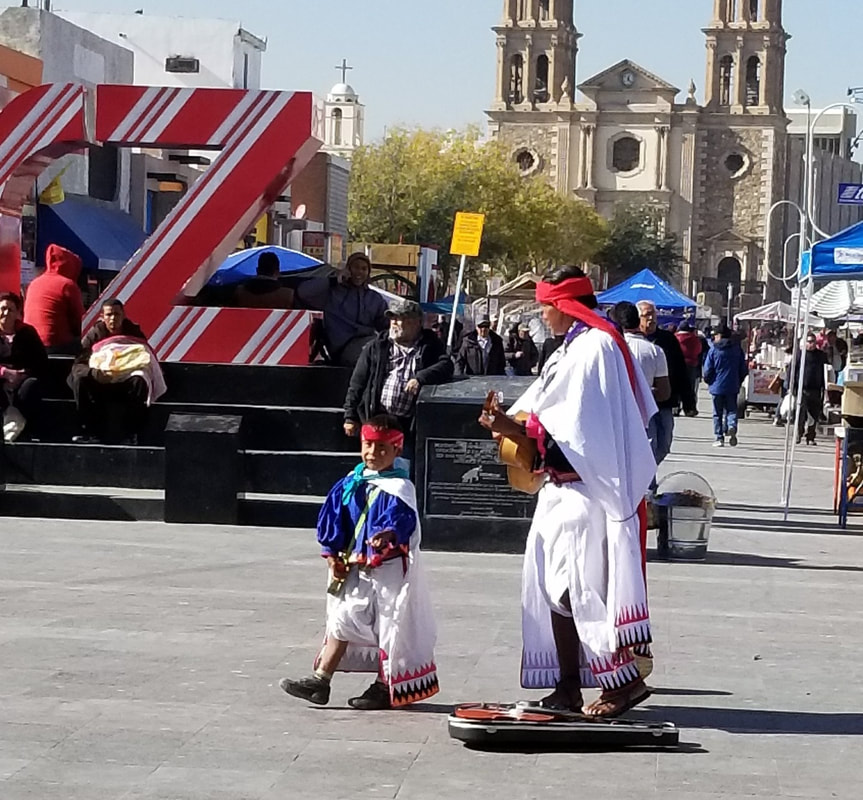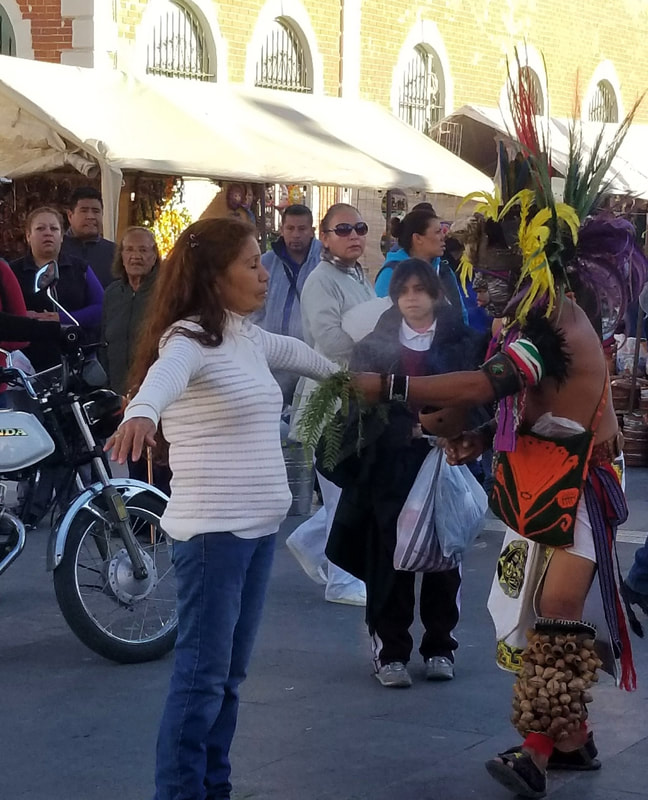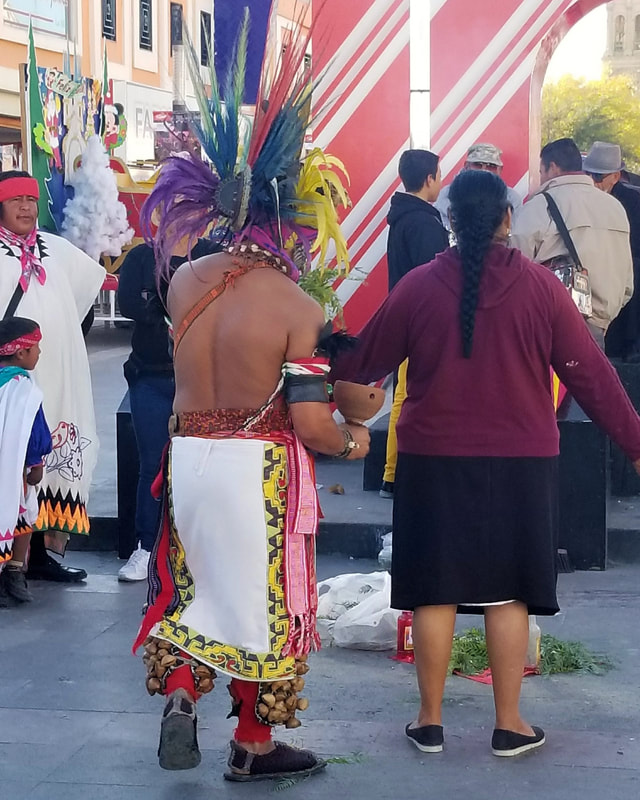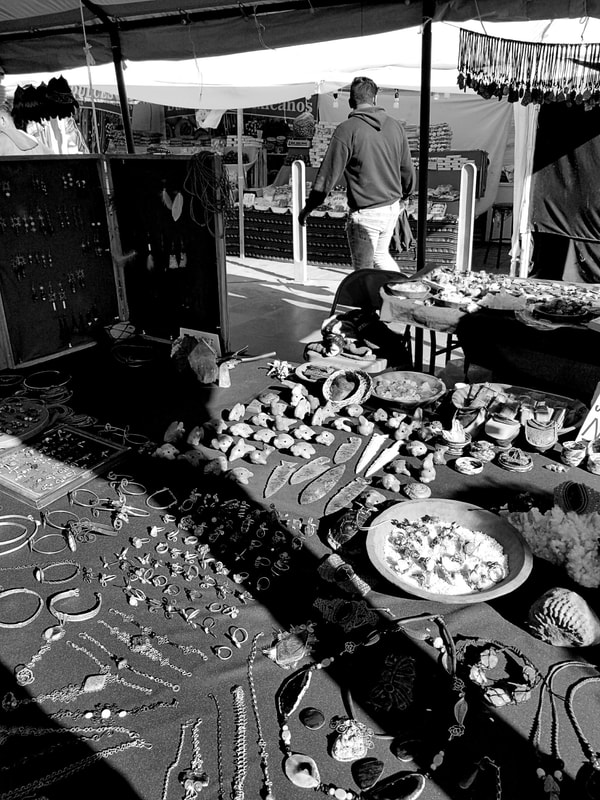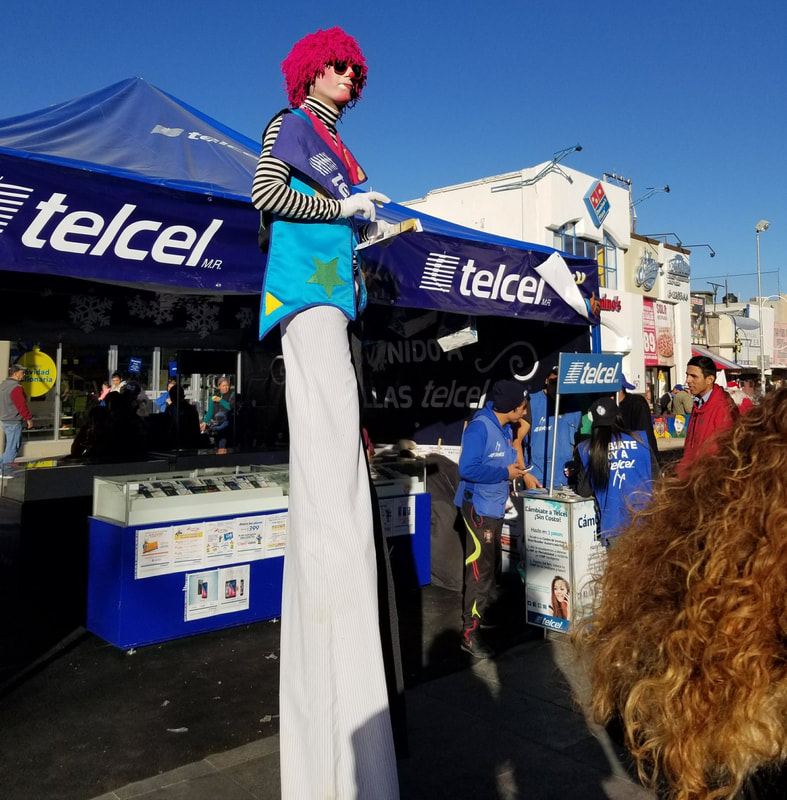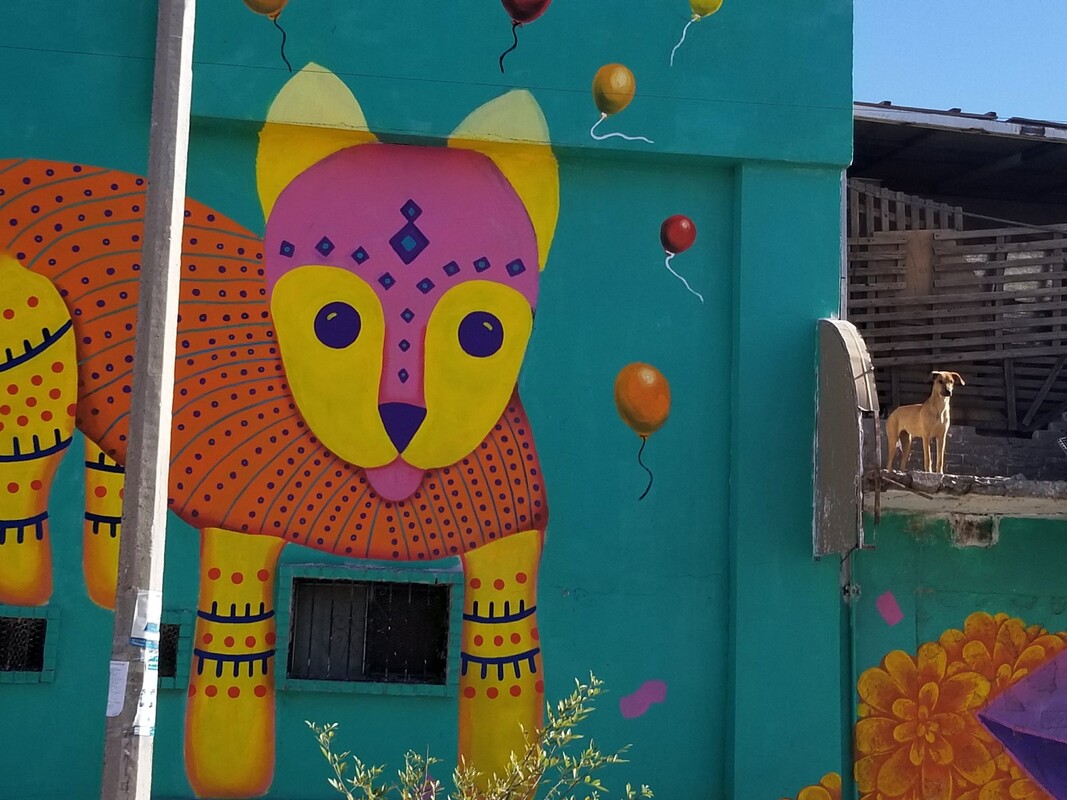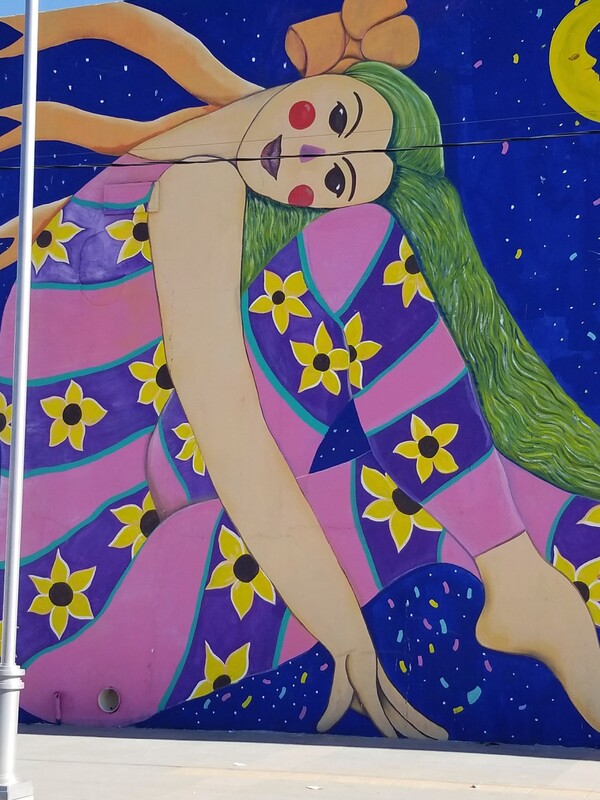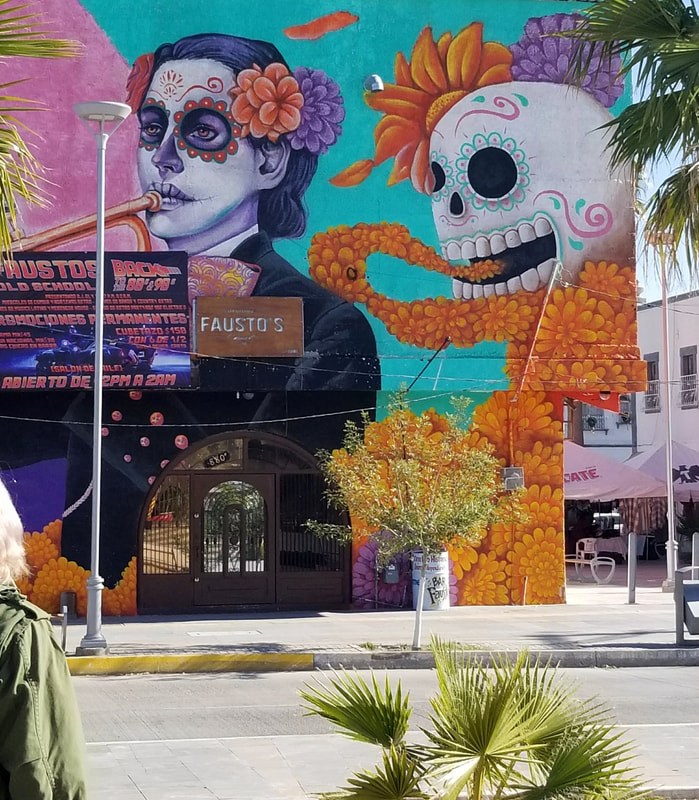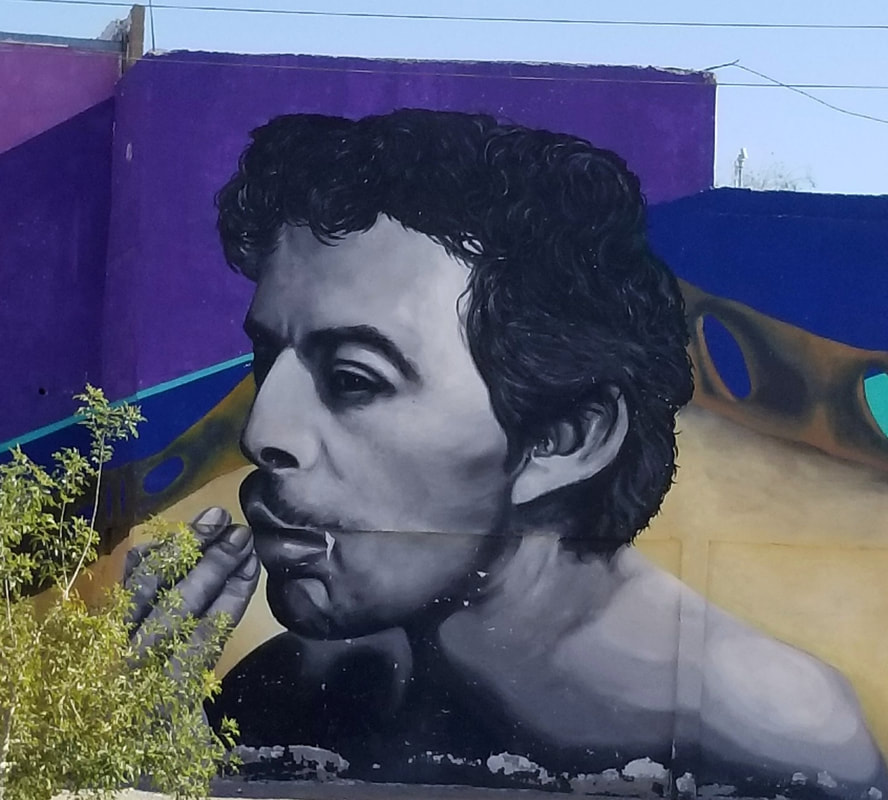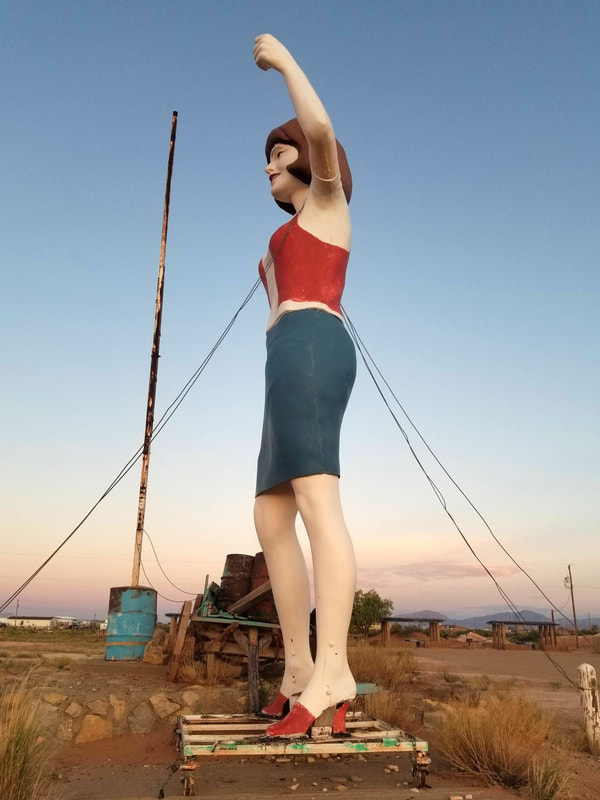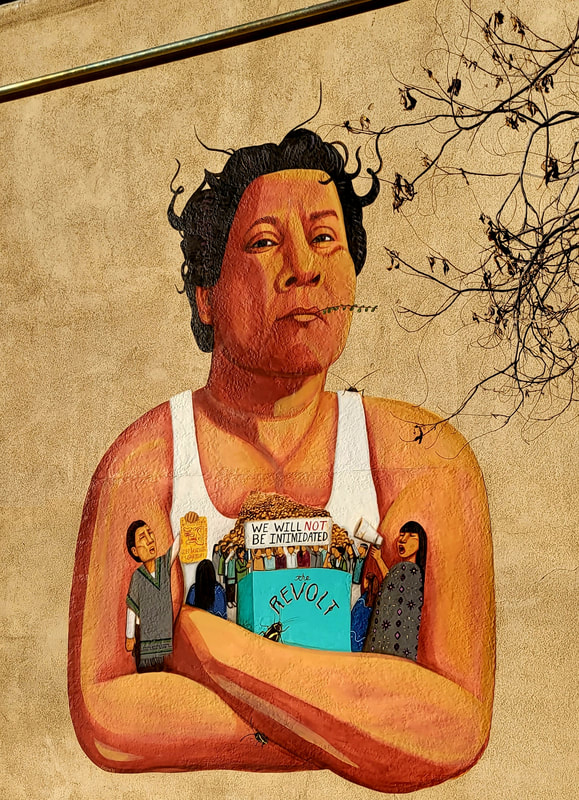|
Recently, I read an article about Jedidiah Brown, a 30 year old pastor and community organizer in Chicago. If you Google his name, you find articles about his work with youth, how he stormed the stage in 2016 at a Trump rally, how he served as President of the Young Leaders Alliance, and was former candidate for alderman for the 5th ward. He is a beloved leader in his community, fearless, outspoken, and eloquent. A year ago, he made the news for something else, however. On Facebook Live, he threatened to commit suicide. He reportedly said, “I’ve always loved this city and I love my family — I love everybody and I’m so sorry, but it’s over, I can’t recover from this.” He later said that the death of a family member had triggered the suicide attempt, but it is clear that his all-out dedication to the community also played a role. “Every relationship I had, I lost it because I was too busy fighting for y’all,” he cried into his FB Live feed. Brown was part of a growing group of predominantly younger activists who took on the problems of their communities, who took the struggle to heart and into their lives. In an article on Brown that appeared in HuffPost, writer Ben Austen writes that, "Many of these activists were unprepared for the emotional anguish, the self-recrimination and financial burden, the media spotlight, the attacks from outside and within the movement." I have seen the toll that activism has taken on younger activists as well as older activists. I see working people put their money and time and energy and their hearts into fighting for justice while the wealthy take vacations and hire employees to do the dirty work for them. The imbalance is undeniable; its effects are physical, emotional, spiritual, and intellectual depletion for activists. Sometimes our wounds as marginalized people under attack fester and we don't take care of ourselves because we are taking care of everyone. It is overwhelming.
We begin to attack each other, to hold each other to unrealistic standards, to act in judgmental ways. I know because I have seen others turn to these responses and I, too, have fallen into this abyss of the anguish of activism. It can tear apart movements from the inside. What can we do? After so many years, I don't have the answer except I do know that is has to do with love and compassion. It has to do with acknowledging each other's humanity, with our failings and contradictions. i know it has to do with gratitude. And acknowledging that we do what we can. A couple of months ago, Omar Garcia, a young indigenous activist who survived the horror of Ayotzinapa, visited my city. He said one of lessons that he had learned since the kidnapping of 42 of his classmates in 2014 in Guerrero was to be grateful for whatever help someone offered. If someone works and can give a hour of her time every week, that is good. She is giving all she can. In our desperation to do our community work, sometimes we criticize her for not doing enough. There are folks talking about compassionate activism now, which gives me hope. Compassionate Activism is a website with a free webinar on healing marginalization through love and justice. There is a wonderful blog post here that lists "10 Key Points for becoming a Compassionate Activist." One of the points states that "Compassion is rooted in an understanding of the connection between all living beings." It is a concept that I have long understood and practiced in my spirituality, yet somehow it has not been forefront in my politics. Love, justice, compassion, anguish, pain, despair- they swirl around in activist circles. For me, it's time to untangle them and to learn how to bring compassion into activism in my own life.
0 Comments
Leave a Reply. |
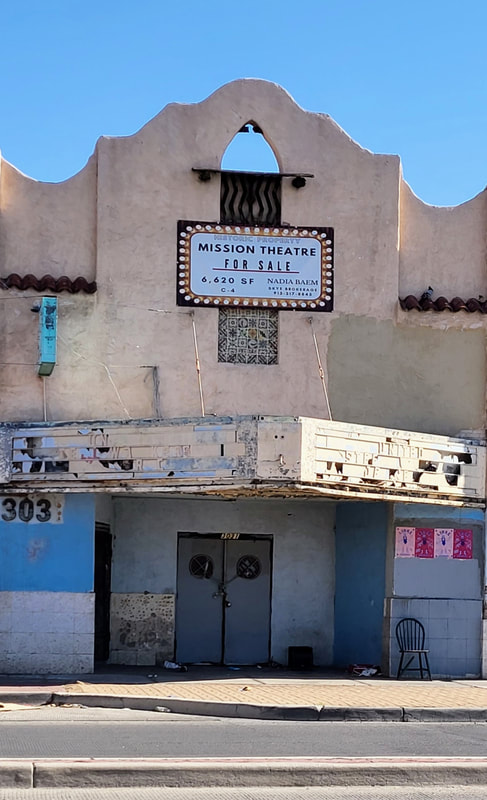
My father used to tell me about sneaking into this theater to watch movies as a kid in the 1910s. It showed Spanish language films. In the 1940s, it was transformed into a "whites only" theater but that didn't last long. By the 1950s, it was headquarters to the Mine, Mill, and Smelter Workers Union, a radical labor organization. Before it closed, it housed the Mine and Mill Bar.
Segundo Barrio
Father Rahm Street
July 2022
La Virgensita en la frontera
Cd Juarez downtown
December 2017
La Mariscal, Ciudad Juarez, 2017
Montana Vista 2019
El Centro July 2022
